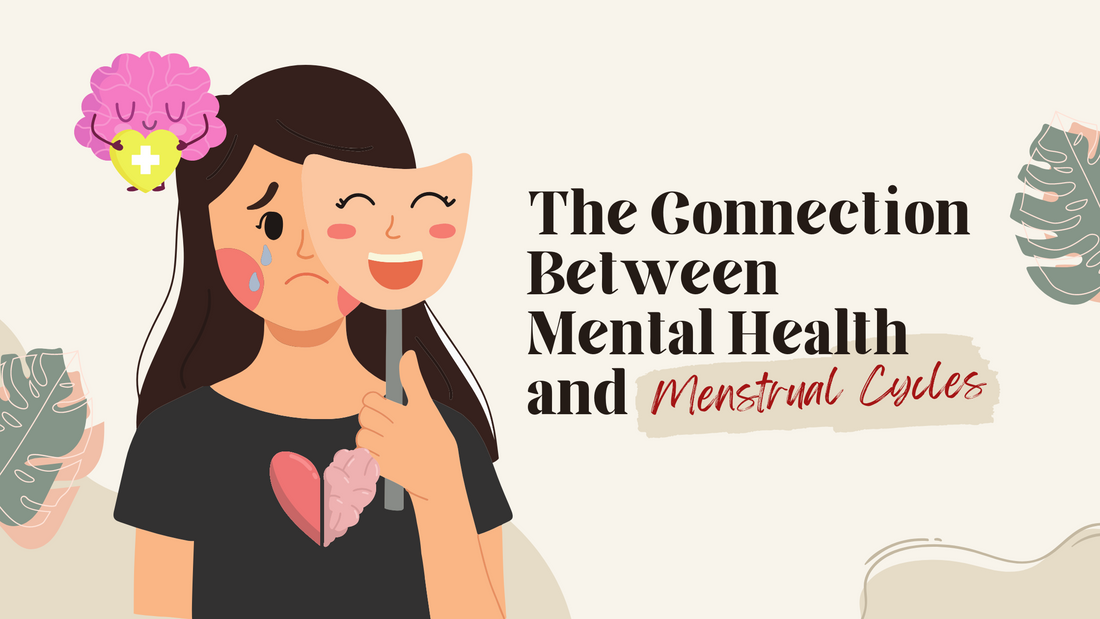Our mental health is a complex construct that intertwines with various physiological processes, one of which is the menstrual cycle. Women worldwide report a noticeable flux in their mood and overall mental well-being across different phases of their menstrual cycle, leading us to explore the intersection between mental health and menstruation.
Mental Health and Hormonal Shifts
The menstrual cycle is a carefully choreographed dance of hormonal fluctuations. The primary hormones involved - estrogen and progesterone - rise and fall throughout the cycle, not only regulating ovulation and menstruation but also impacting mood and emotions.
During the initial follicular phase, estrogen levels progressively increase, often corresponding with an uplifted mood and increased energy. However, as we transition into the luteal phase, estrogen peaks and then gradually declines. This sharp hormonal transition can trigger emotional changes in some women, ranging from minor mood swings to feelings of irritability or even sadness.
Premenstrual Syndrome (PMS) and Mental Health
A frequently encountered phenomenon, Premenstrual Syndrome (PMS), is characterized by a constellation of physical and emotional symptoms manifesting one to two weeks before menstruation. Emotional symptoms can span mood swings, irritability, and heightened anxiety levels. For a subset of women, these symptoms can escalate to severe levels, leading to significant mental health challenges and impacting their day-to-day functioning.
Premenstrual Dysphoric Disorder (PMDD): An Intensified PMS
PMDD presents as a more severe variant of PMS, distinguished by extreme distress or functional impairment in work, school, social activities, and relationships. Symptoms include amplified mood swings, feelings of despair or hopelessness, intense irritability, and depressive episodes. This disorder represents a pronounced example of how the menstrual cycle can significantly influence mental health.
Cycle Awareness: A Tool for Mental Health Management
Cycle awareness can serve as a vital self-management tool for mental well-being. By charting your menstrual cycle, observing emotional shifts, and recording symptom patterns, you can anticipate and effectively manage changes in your mental health landscape throughout the cycle. This self-awareness can arm you with the foresight to implement tailored coping strategies, like prioritizing self-care, adjusting your routine, or reaching out to a trusted support network during more challenging phases.
Supporting Mental Health: Lifestyle Interventions
Maintaining a healthy lifestyle can go a long way in supporting mental health throughout your menstrual cycle. Regular physical activity, balanced nutrition, sufficient sleep, and effective stress management techniques can all contribute to hormonal balance and a stabilized mood throughout the menstrual cycle.
If you're grappling with significant mental health disturbances linked to your menstrual cycle, it's essential to seek professional help. Evidence-based treatments may encompass hormonal therapies, cognitive-behavioral therapy, counseling, or antidepressant medications.
In conclusion, the link between mental health and the menstrual cycle represents a complex dance of hormones, emotions, and physiological changes. Developing an understanding of this relationship equips women to promote holistic wellness and achieve mental balance across all cycle phases.

